Released prisoner aims for Stanford
Former prisoner, Sajad Shakoor, speaks out in front of members of the Muslim Student Association of Diablo Valley College and other attendees about his rough childhood.Photo credit: Roshan Rahimi
December 12, 2013
From felonies to frying pans, 41-year-old Sajad Shakoor was first incarcerated at the age of 17.
He came to Diablo Valley College on Thursday, Dec. 5 through the Muslim Student Association with the single goal to spread his message.
Shakoor started out his presentation mentioning facts about his childhood and growing up with a tidal wave of culture clashes from both his Desi, people of Indian and Pakistani decent, and the traditional American kids from school. Shakoor and his family migrated here from Pakistan as refugees and intended to dawn a new life in Lodi. Many times he refers to the amount of disrespect and racism he would often face each day secondary to his ethnical background.
Through his discussion he refers to his “Muslim identity” and “human potential.” Growing up accepting his Muslim identity always played a key role in many of Shakoor’s internal and external conflicts.
He references the lack of basic respect his peers failed to provide him with, in and outside of school.
“It is not hard to hurt people, whether you are a gangster or the mean girl in school,” Shakoor said.
Due to outside pressures and stresses, Shakoor resorted in taking up friendships with people who would gain him respect or fear from others. He relates his distasteful friend choices as a teen to a child or toddler, who finds comfort in the arms of its mother, but in this case to his friends.
“I found comfort in my friends,” Shakoor said. “I chose these friends, because people were afraid to call me names, like ‘camel jockey’ around them.”
With the creation of his newly found personality, Shakoor soon entered and exited the penitentiary system for more than half of his life.
He was finally sentenced for 25 years to life in prison secondary to instigating a fist fight.
“When you don’t know your self-worth, you will give it all away,” Shakoor said.
He informs the attendees how much he had given up, because he did not understand how much human potential he actually acquired.
Through some time into his imprisonment Shakoor decided to change his life for the better one step at a time.
“I earned my GED, AA degree and BA degree in prison,” he said. “Though there weren’t many resources available to prisoners, I persevered nonetheless and was able to attain this education because I knew that only through the cultivation of my intellect could I ever have a chance at freedom.”
None the less, exactly as he predicted, Shakoor was able to gain the only thing he never thought to never acquire again, freedom.
According to a Mercury News article regarding Shakoor and his involvement of overthrowing the Three Strikes law, “He was instrumental in the movement that freed him and others by co-founding and managing San Quentin’s Hope for Three Strikers, a group that collaborated with Stanford law professors in drafting Proposition 36.”
Since his release Shakoor has fast forwarded his track towards independence and starting over. Today he works at Falafel Corner, located in Fremont, making mouthwatering burgers, shish kabobs,and gyros all above minimum wage. He mentions slowly coming to terms with and even using items such as smart phones, Facebook and other modern day technological gadgets. During his lecture, Ali Malik, Shakoor’s supervisor even stands up to say, “I can second that” when referring back to Shakoor’s 14-hour work days and his perseverance towards making things right.
As for Shakoor’s future, he aims to use his intellect and experiences to try and study law at Stanford University. Today he works with Tayba Foundation, an organization who aims to spread and establish bases for classical Islamic studies to prisoners who desire to learn about such topics.
At the end of the discussion, Saad Ali, a fellow Diablo Valley College alumnus said, “I appreciate that we were awarded the opportunity to listen to such an amazing guest. His eloquent and moving speech really gave me a different perspective.”
Omar Fazli, a DVC attendee, also notes how amazed he was by Shakoor’s speech.
“I am awestruck right now,” Fazil said. “I cannot believe someone so educated and well-spoken could have spent so many years of their life imprisoned. This was truly an event to learn and take from.”





































































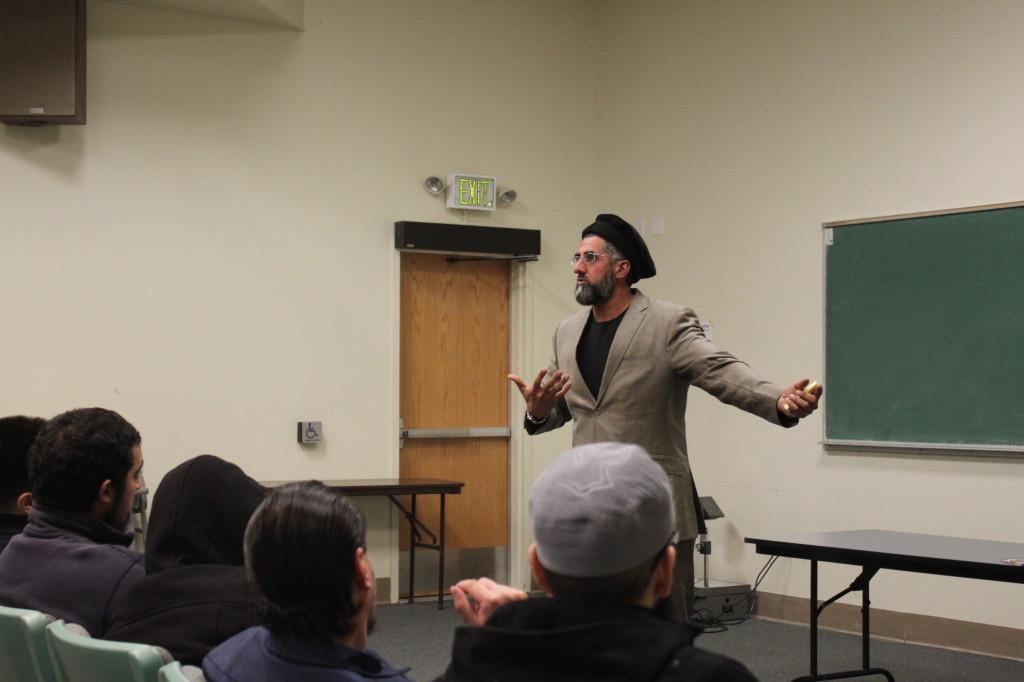
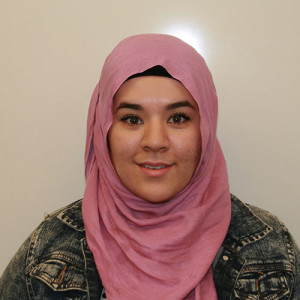
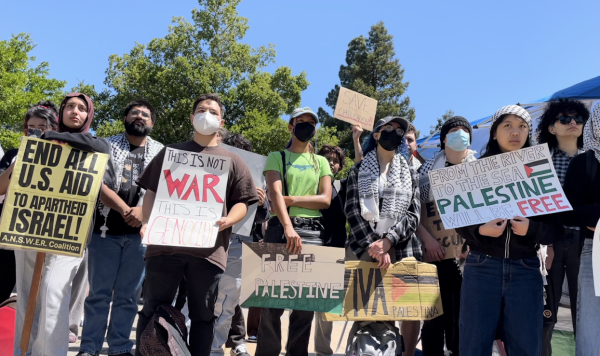
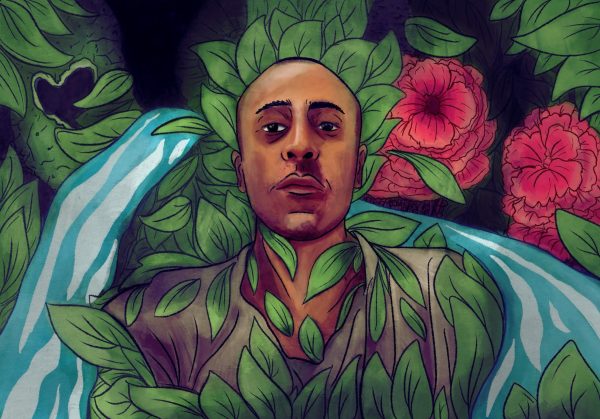

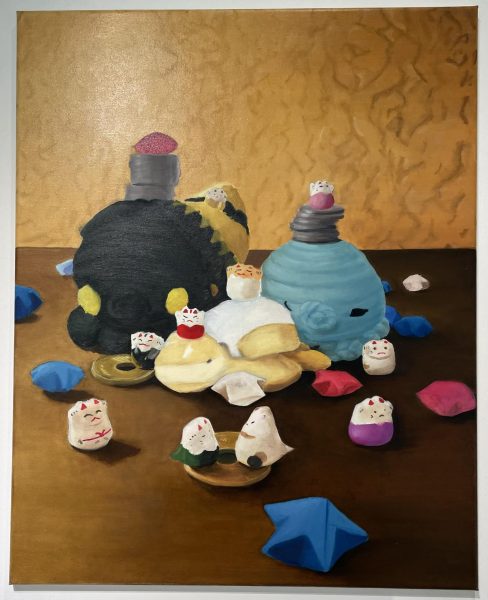

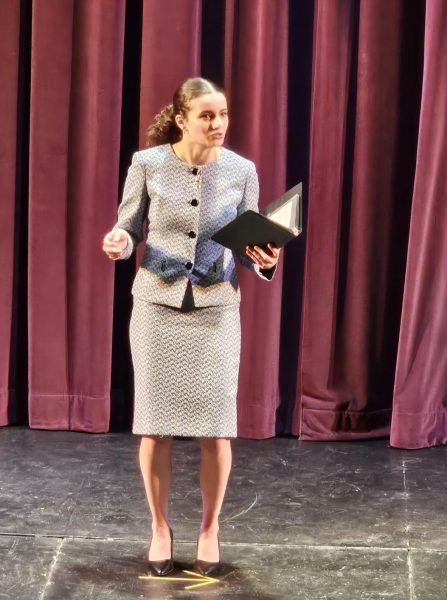

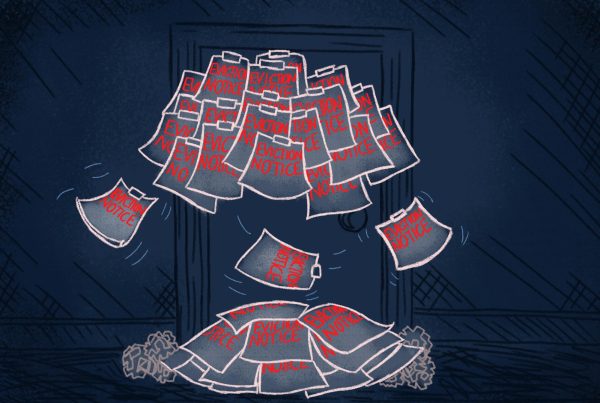


Gregory Winbush • Nov 1, 2016 at 6:41 pm
Sajab,
Very proud of you.We met at graduation at Ohio University in Athens, Ohio 2013. Please contact me as soon as possible.
Keep sharing your message to help free other men
[email protected]
Thanks,
Greg Winbush